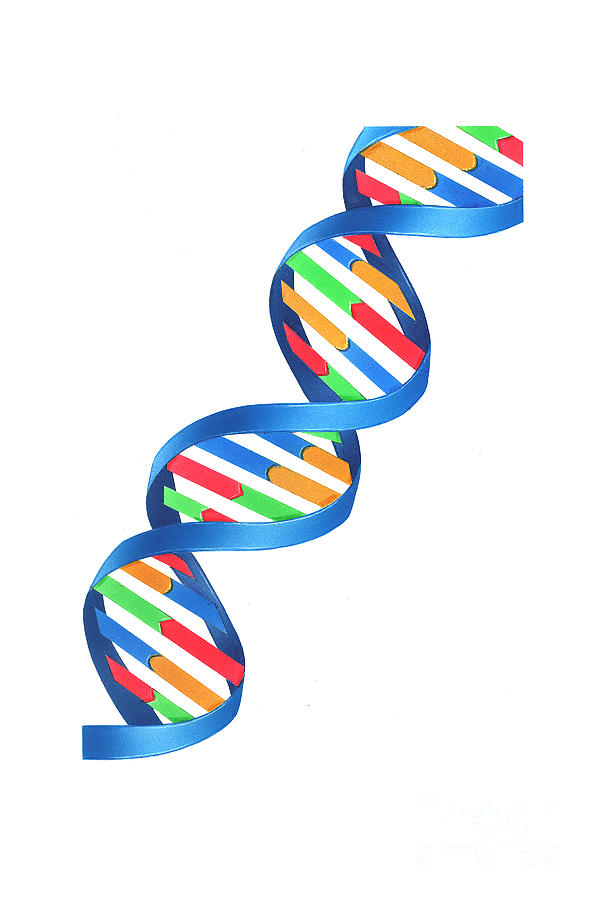This type of macromolecule makes up most enzymes.
What is a protein?
The process of breaking down a polymer by adding water.
What is hydrolysis?
This is the monomer of carbohydrates.
What is a monosaccharide?
This part of a phospholipids is hydrophlic.
What is the phosphate head?
This is the monomer of nucleic acids.
What is a nucleotide?
The monomers of proteins?
What are amino acids?
This term describes the specific location where a substrate binds on an enzyme.
What is the active site?
This process links monomers by removing a water molecule.
What is dehydration sythesis?
This carbohydrate polymer acts as a "bank" of stored in plants.
What is starch?
These fats are liquid at room temperate due to their double bonds.
What are unsaturated fats?
The nitrogenous bases unique to RNA and DNA.
What are uracil (RNA) and thymine (DNA)?
This term refers to proteins that speed up reactions without being consumes.
What are enzymes?
This process occurs when an enzyme's shape changes due to factors like pH or temperature, making it nonfunctional.
What is denaturation?
This is the total energy change in a reaction, often labeled as ΔG.
What is free energy?
This carbohydrate in animals serves as an energy storage molecule and is similar to starch in plants.
What is glycogen?
This type os lipid serves as the building block for hormones like testosterone and estrogen.
What are steroids?
This image showcases the structure of this nucleic acid.

What is DNA?
The type of bond that links amino acids in a polypeptide chain.
What is a peptide bond?
These two types of enzyme inhibitors differ by where they bind to the enzyme.
What are competitive and noncompetitive inhibitors?
This is the energy barrier that enzymes help lower.
What is activation energy?
This bond connects monosaccharides to form polysaccharides.
What is a glycosidic linkage?
Lipids are hydrophobic because they mostly consist of these kind of bonds.
What are non-polar covalent bonds?
This molecule carries genetic information from DNA to the ribosomes for protein synthesis?
What is mRNA (messenger RNA)?
This level of protein structure involves alpha-helices and beta sheets.
What is secondary structure?
The term used when an enzyme's activity is regulated by molecules binding to a site other than the active site.
What is allosteric regulation?
Enzymes help reactions reach this state, where bonds are breaking and forming.
What is the transition state?
Carbohydrates can often be identified by their molecular formula being a multiple of this.
What is CH2O?
The formation of a lipid bilayer in water is driven by this property of phospholipids.
What is being amphipathic (having hydrophilic and hydrophobic parts)?
This is the process by which information in DNA directs protein synthesis?
What is gene expression?
What is hemoglobin?